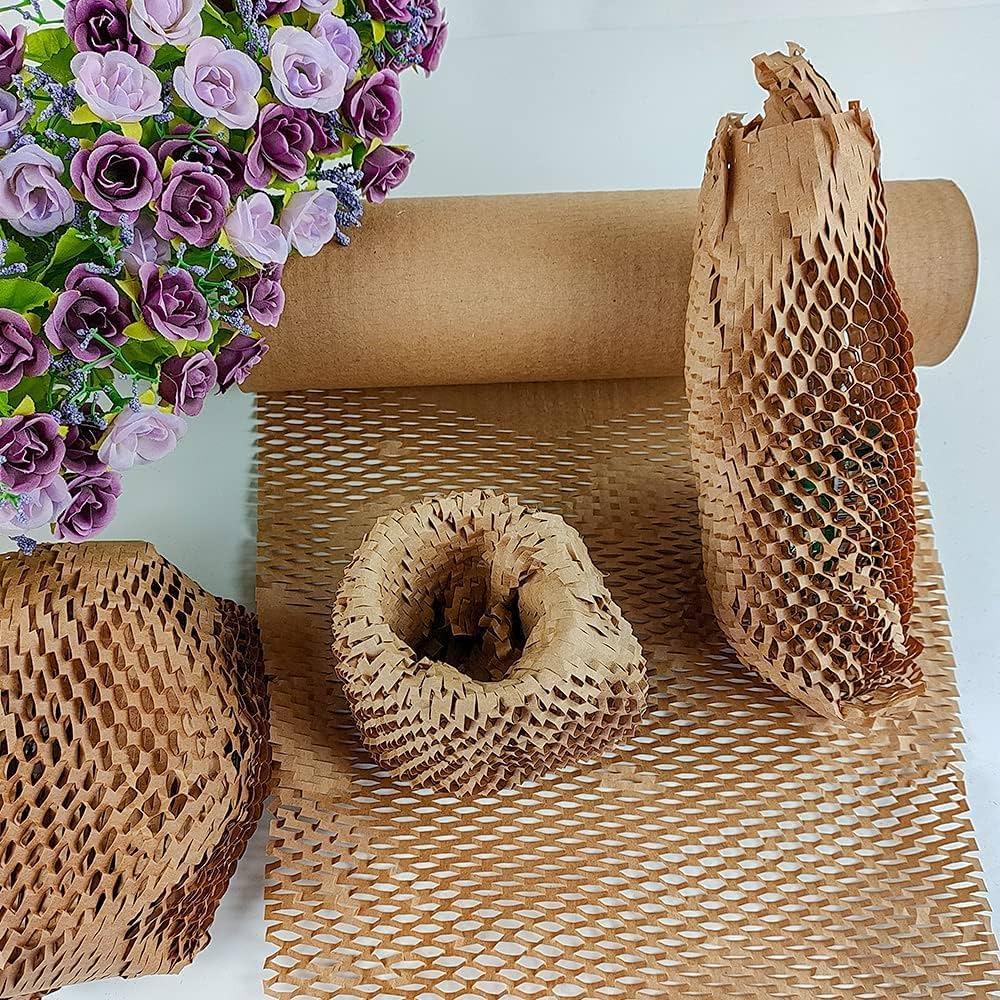Greenwrap Market Expands Rapidly With Increased Focus on Reducing Packaging Waste and Plastic Pollution

The global greenwrap market is witnessing a significant expansion, driven by rising environmental concerns and a growing commitment among businesses and consumers to minimize packaging waste and reduce plastic pollution. As the world grapples with the consequences of excessive plastic usage—including clogged oceans, overflowing landfills, and microplastic contamination—greenwrap is emerging as a viable, eco-friendly alternative for sustainable packaging across industries.
Greenwrap, known for being biodegradable, recyclable, and often compostable, is gaining traction as a preferred solution that addresses both functionality and environmental responsibility. Industries ranging from e-commerce and retail to food and personal care are increasingly embracing greenwrap to align with sustainability goals and meet evolving consumer expectations.
The Urgency to Reduce Packaging Waste
Packaging waste—especially plastic—is one of the most visible and harmful forms of pollution. According to global estimates, more than 300 million tons of plastic are produced each year, and nearly half of it is for single-use packaging. Much of this ends up in landfills or the natural environment, taking hundreds of years to decompose.
Governments, organizations, and consumers are responding to this crisis by demanding more responsible, circular approaches to packaging. Greenwrap fits this demand by offering:
-
Reduced environmental footprint
-
Use of renewable or recycled materials
-
Biodegradability and compostability
-
Customizability without synthetic polymers
What Makes Greenwrap an Ideal Alternative?
1. Sustainability at the Core
Greenwrap is typically made from kraft paper, cellulose fibers, recycled materials, or other plant-based substrates. These materials are not only renewable but also designed to break down naturally—making them safe for composting and minimizing landfill contributions.
2. Efficient and Lightweight
Compared to bulky plastic alternatives like bubble wrap, greenwrap is lighter and more space-efficient. This results in reduced shipping costs and carbon emissions during transportation.
3. Aesthetic and Brand-Friendly
The natural look and feel of greenwrap support minimalist, eco-conscious branding. It conveys authenticity and responsibility—attributes that resonate with today’s environmentally aware consumers.
Market Drivers Behind the Expansion
1. Consumer Awareness
Today’s consumers are well-informed and prefer to support brands that reflect their values. With increasing access to sustainable products, consumers are quick to identify—and avoid—brands that continue to use wasteful plastic packaging.
2. Corporate Sustainability Commitments
Many corporations have pledged to make their packaging 100% recyclable, compostable, or reusable within the next decade. Greenwrap provides a ready-made solution to help meet these ambitious goals.
3. Global Regulations and Bans
Governments across Europe, North America, and Asia are enforcing strict bans on certain types of plastic packaging. This is accelerating the adoption of alternative materials like greenwrap in retail, food, cosmetics, and logistics sectors.
4. Circular Economy Initiatives
Greenwrap aligns with circular economy goals by promoting packaging reuse, reducing raw material extraction, and encouraging proper waste disposal through composting or recycling.
Key Industry Applications
Greenwrap is being increasingly used in:
-
E-Commerce: For wrapping, cushioning, and void-filling—especially for fragile items like glassware, electronics, or ceramics.
-
Retail Packaging: In clothing, footwear, jewelry, and accessories where presentation and protection are both important.
-
Organic Food Packaging: Fresh produce, bakery goods, and meal kits are packaged using greenwrap to meet food safety and eco standards.
-
Cosmetics and Wellness Products: Smaller brands and natural product lines use greenwrap to reinforce their clean, green image.
Challenges and Considerations
While greenwrap offers many advantages, challenges still exist:
-
Cost Barrier: Greenwrap can be more expensive than traditional packaging—though this is changing as demand scales up.
-
Composting Infrastructure: The effectiveness of compostable packaging depends on end-of-life disposal. In areas without industrial composting, greenwrap may still end up in general waste.
-
Consumer Education: Brands must ensure consumers know how to dispose of greenwrap properly—whether by composting, recycling, or reuse.
Future Outlook
The greenwrap market is poised for continued rapid growth, fueled by:
-
R&D investments into high-performance biodegradable materials
-
Emergence of hybrid greenwrap solutions offering better protection and moisture resistance
-
Growing demand from small businesses and direct-to-consumer brands that seek affordable, sustainable, and attractive packaging
-
Integration with automation and scalable production lines to make greenwrap accessible to large-scale manufacturers
As the global packaging industry evolves, sustainable solutions like greenwrap will play a central role—not just as an alternative to plastic, but as the new standard for responsible packaging.
Conclusion
The rapid expansion of the greenwrap market reflects a fundamental shift in how businesses and consumers view packaging. It’s no longer enough for packaging to simply protect a product—it must also protect the planet. With its biodegradability, sustainability, and minimal environmental impact, greenwrap stands out as a powerful tool in the fight against plastic pollution and packaging waste. As innovation and adoption continue to accelerate, greenwrap is set to redefine the future of packaging, making sustainability a standard rather than an exception.
- Art
- Causes
- Crafts
- Dance
- Drinks
- Film
- Fitness
- Food
- Spiele
- Gardening
- Health
- Startseite
- Literature
- Music
- Networking
- Andere
- Party
- Religion
- Shopping
- Sports
- Theater
- Wellness


